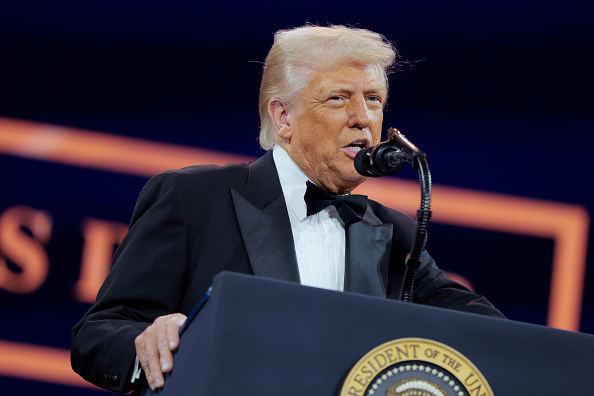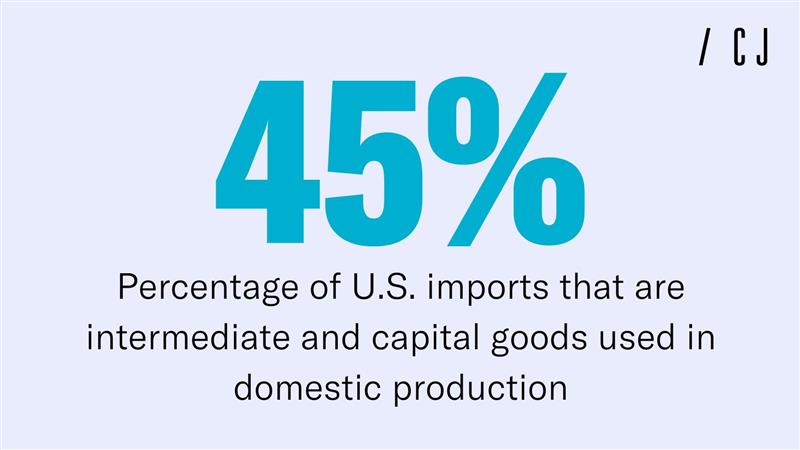|
Forwarded this email? Sign up for free to have it sent directly to your inbox. |
|
|
Good morning, Today, we’re looking at the consequences of America’s obsession with bailouts, San Francisco’s drug policy shift, President Trump’s executive order on museums, and New York’s stalled budget negotiations.
Don’t forget to write to us at editors@city-journal.org with questions or comments. |
|
|
Since the 1970s, the U.S. has run substantial trade deficits—leading to job losses in manufacturing, slowing wage growth, and skyrocketing housing costs. To keep consumption afloat, Americans turned to borrowing, forcing the Federal Reserve to keep interest rates low.
When markets have tried to correct the imbalance, presidents and policymakers have balked—unwilling to accept the short-term pain of tighter credit. As Nicole Gelinas notes, this fear has only encouraged more reckless consumer borrowing. The economy might look very different today if Biden, Obama, Bush, or Clinton had told voters the truth: that building a stronger future would require easing off the borrowing binge. “Their failure to do so helped create the political conditions—if not the economic justification—for what Trump is doing now,” she writes.
|
|
|
San Francisco is finally stepping back from radical harm-reduction policies. As Erica Sandberg reports, Mayor Daniel Lurie has ordered city-funded nonprofits to stop distributing free drug-use supplies in public spaces, unless they relocate indoors and link users to treatment. The move marks a sharp break from years of tacit support for open-air drug use and reflects growing public backlash against the activists who have enabled it. With overdoses still climbing, San Franciscans are no longer settling for resignation—they're demanding recovery.
|
|
|
President Trump’s recent executive order directing the Smithsonian and the National Park Service to present American history more accurately gets it right, argues Jeffrey H. Anderson. For years, the nation’s museums and monuments have adopted leftist narratives that portray the U.S. as fundamentally sexist, racist, and oppressive, and thus sow division, as the executive order notes. Now, these institutions will be required to highlight America’s legacy of advancing individual liberty—exactly what they should have been doing all along.
|
|
|
New York governor Kathy Hochul and the state legislature still haven’t reached a budget deal. The main sticking point: discovery reform. The current law imposes heavy burdens on the state’s 62 district attorneys, requiring them to collect and turn over 21 categories of evidence, often within tight deadlines. As Manhattan Institute fellows Ken Girardin and Hannah E. Meyers explain, much more than procedural detail is at stake.
|
|
|
“Socialism is not about helping those in need, it's about the socialist feeling morally superior to others.”
|
|
|
Photo credits: Anna Moneymaker / Staff / Getty Images News via Getty Images |
|
|
A quarterly magazine of urban affairs, published by the Manhattan Institute, edited by Brian C. Anderson. |
|
|
Copyright © 2025 Manhattan Institute, All rights reserved. |
|
|
|






